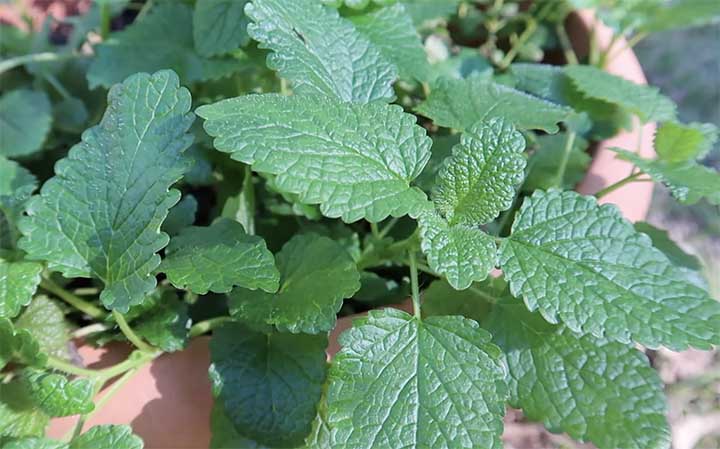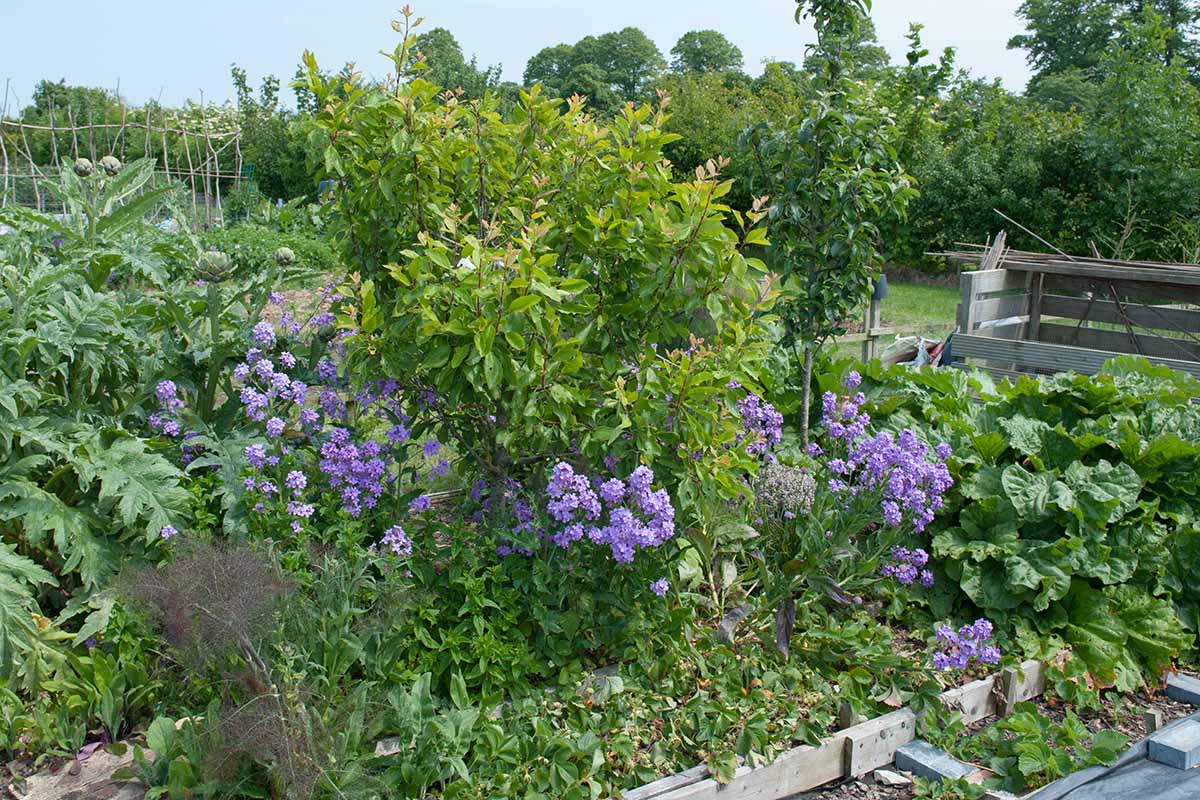The Ultimate Guide To Companion Planting With Lemon Balm
The Ultimate Guide to Companion Planting with Lemon Balm
Lemon balm is a delicious and versatile herb that can be used in a variety of ways. It's also a great companion plant, meaning that it can be grown alongside other plants to benefit both of them.
In this guide, we'll discuss the benefits of companion planting with lemon balm, as well as some of the best plants to grow with it. We'll also cover some of the things to keep in mind when companion planting with lemon balm.
Benefits of Companion Planting with Lemon Balm
There are many benefits to companion planting with lemon balm. Here are a few of the most important ones:
- Improved pollination: Lemon balm is a great attractor of pollinators, such as bees and butterflies. This can help to improve pollination of other plants in your garden, which can lead to better yields.
- Disease and pest control: Lemon balm has a number of insecticidal properties, which can help to deter pests from other plants in your garden. For example, it can repel cabbage moths, aphids, and whiteflies.
- Improved soil quality: Lemon balm is a nitrogen-fixing plant, which means that it can help to improve the nitrogen content of the soil. This can benefit other plants in your garden, as they will have access to more nitrogen.
- Enhanced flavor: The strong aroma of lemon balm can actually enhance the flavor of other plants in your garden. For example, it can make tomatoes taste sweeter and cucumbers taste more refreshing.
Best Plants to Grow with Lemon Balm
There are many different plants that can be grown with lemon balm. Here are a few of the best ones:
- Dill: Dill is a great companion plant for lemon balm because it attracts the same pollinators. It also helps to deter pests such as carrot flies and cabbage worms.
- Basil: Basil is another great companion plant for lemon balm. It helps to repel pests such as aphids and whiteflies, and it also enhances the flavor of both plants.
- Squash: Squash is a good companion plant for lemon balm because it helps to deter pests such as squash bugs and cucumber beetles.
- Tomatoes: Tomatoes are another good companion plant for lemon balm. It helps to repel pests such as tomato hornworms and whiteflies, and it also enhances the flavor of tomatoes.
- Broccoli: Broccoli is a good companion plant for lemon balm because it helps to deter pests such as cabbage moths and aphids.
- Cucumbers: Cucumbers are another good companion plant for lemon balm. It helps to deter pests such as cucumber beetles and whiteflies, and it also enhances the flavor of cucumbers.
Things to Keep in Mind When Companion Planting with Lemon Balm
There are a few things to keep in mind when companion planting with lemon balm. First, lemon balm is a member of the mint family, so it can be invasive if it's not contained. Second, lemon balm can be susceptible to root rot, so it's important to plant it in well-drained soil.
Finally, lemon balm can have a strong aroma, so it's not a good idea to plant it near plants with delicate flavors.
Conclusion
Lemon balm is a great companion plant that can benefit both itself and the other plants in your garden. By planting lemon balm alongside other plants, you can improve pollination, deter pests, improve soil quality, and enhance flavor.
So if you're looking for a way to improve your garden, consider adding some lemon balm. You won't be disappointed.
Lemon balm is a versatile herb that can be used in a variety of ways, from cooking to making tea to treating anxiety. But did you know that it can also be used to attract beneficial insects and deter pests?
That's right, lemon balm is a great companion plant for many other herbs and vegetables. Some of its best companions include:
- Marigolds: Marigolds help to repel pests like aphids, mosquitoes, and whiteflies.
- Dill: Dill helps to improve the flavor of tomatoes and cucumbers.
- Basil: Basil and lemon balm are both members of the mint family, and they grow well together.
- Squash: Squash and lemon balm help to deter cucumber beetles.
- Bee balm: Bee balm is a nectar-rich plant that attracts pollinators.
If you're looking for more information about companion planting with lemon balm, I recommend visiting Gardenia Inspiration. This website has a comprehensive list of companion plants for lemon balm, as well as tips on how to plant and care for this herb.
Image of companion plants for lemon balm
- Lemon balm and tomatoes: Lemon balm can help to repel tomato hornworms, a common pest of tomatoes. It can also attract beneficial insects, such as ladybugs, which help to control pests.
- Lemon balm and cabbage: Lemon balm can help to repel cabbage moths, a common pest of cabbage. It can also attract beneficial insects, such as hoverflies, which help to control pests.

- Lemon balm and carrots: Lemon balm can help to repel carrot fly, a common pest of carrots. It can also attract beneficial insects, such as lacewings, which help to control pests.

- Lemon balm and flowers: Lemon balm can help to repel pests and attract pollinators. Some good choices for companion flowers include cosmos, poppies, rudbeckia, echinacea, sweet peas, bee balm, chamomile, and borage.

- Lemon balm and lavender: Lemon balm and lavender are both fragrant herbs that can be planted together to attract beneficial insects and repel pests. They also make a beautiful combination in the garden.

Post a Comment for "The Ultimate Guide To Companion Planting With Lemon Balm"